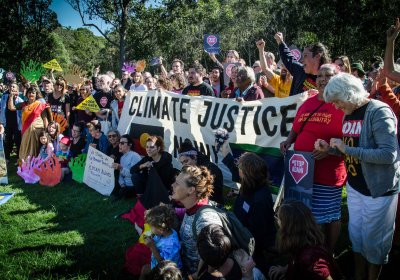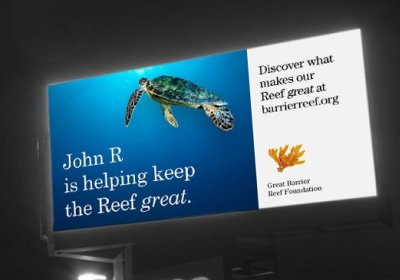Since it was first mooted in 2010, the Adani Carmichael Coal and Rail project in Queensland’s Galilee Basin has proven controversial. It has faced a series of legal challenges by environment groups and Traditional Owners, as well as campaigns by activists calling on financial institutions to divest from the fossil fuel industry. The starting date has been rescheduled several times as the viability of the project has been called into question and potential finance proves elusive.
It is timely then, at this impasse, that two new books are released documenting the story so far and canvassing possible outcomes.











